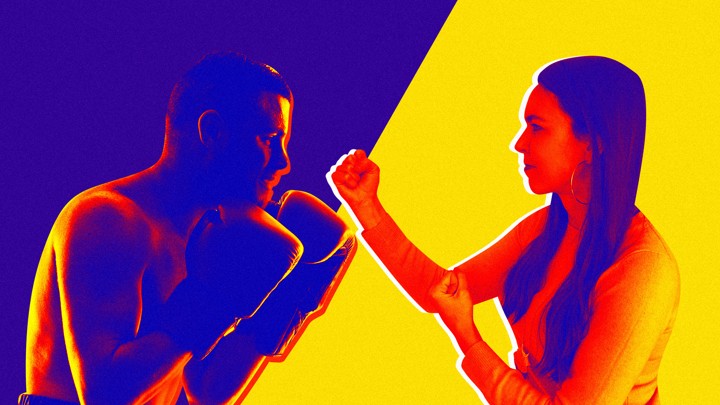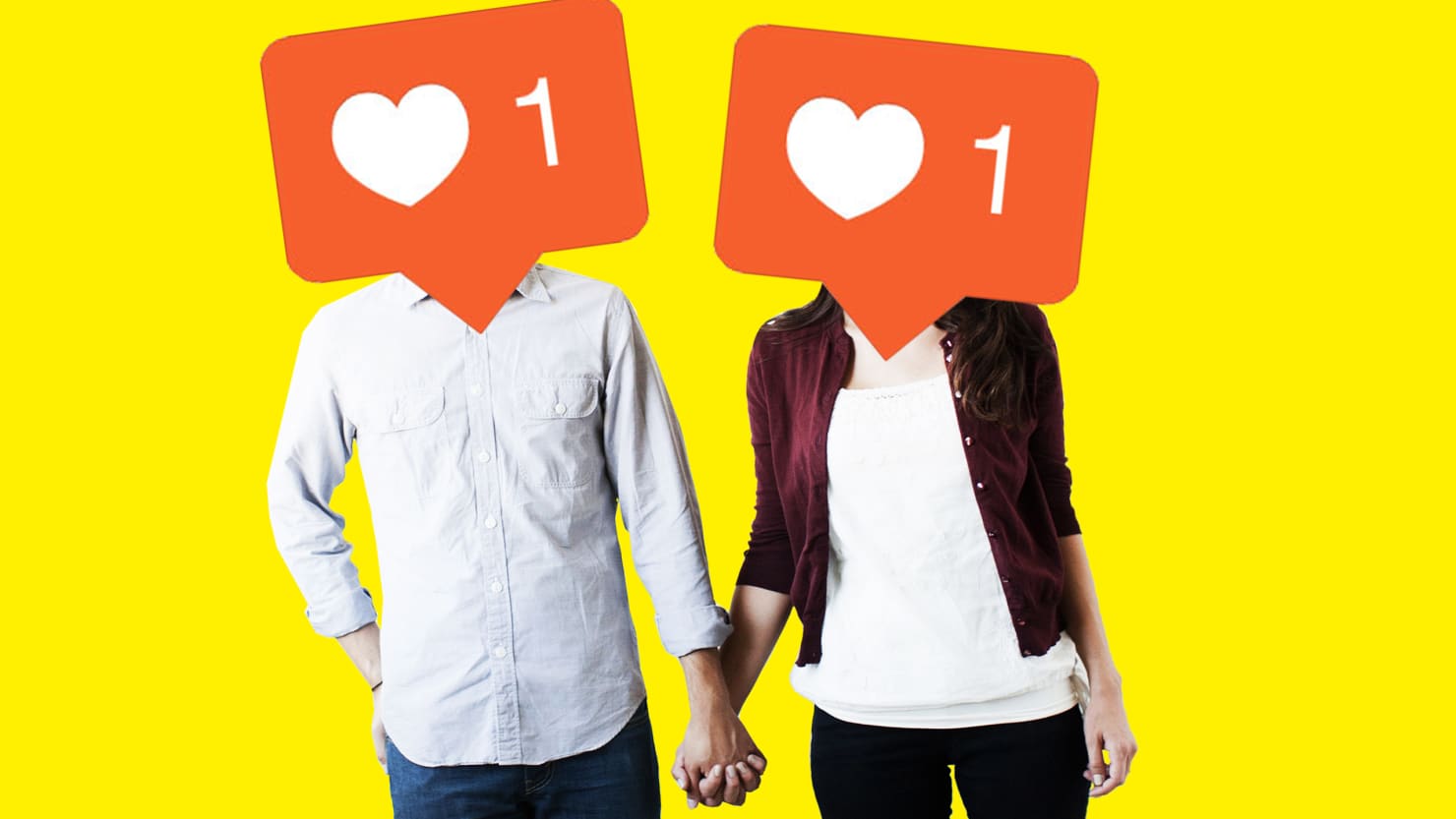
Excerpt from this article:
…he term nemesis is having a cultural moment. Claire Fallon of HuffPost declared a “nemesis Twitter” phenomenon. More than 260,000 posts on Instagram include the hashtag #nemesis.
…
Nemeses, meanwhile, are worthy foes in any area of life. They require a particular kind of jealousy, because you compete with them, even if they’re unaware of your existence. They can drive you mad with their achievements. But they can also push you to work harder.
…
The modern nemesis trend seems to be born partly from hater culture. On social media, everyone has an audience, so it’s easy for people to criticize you. They might root against you, or question your success, or troll in your mentions. Over the past few years, many people with large online followings have started encouraging fans to lean into these haters by using them as a form of motivation.








